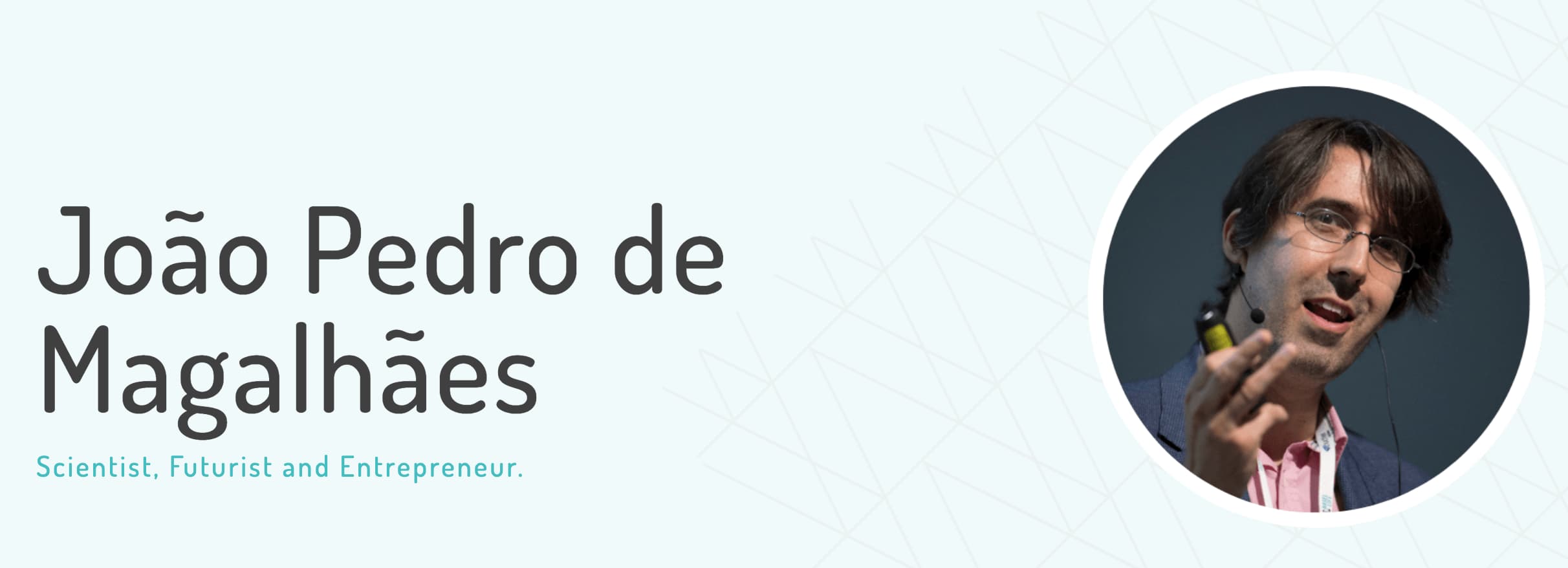The author of the article underestimate the longevity benefits (its about 30% lifespan improvement seen in mice, and upwards of 37% when combined with Acarbose). At this point, I’m surprised the writers still get the basics wrong on rapamycin.
De Magalhães acknowledges that when it comes to finding an ageing “cure”, it’s likely that we’re never going to have a penicillin-like drug.
Instead, he highlights a compound called rapamycin, also known as sirolimus, that could be a key to quasi-immortality. In lab studies, it has extended the lifespan in animals such as mice by 10 to 15 per cent.
Rapamycin enhances autophagy, a process that removes unnecessary, abnormal and damaged components within cells and prevents cells from stress. It is used to treat some cancer patients – it stops cancerous cells from growing and multiplying.
This is why it holds promise in slowing cell degeneration – a key contributor to ageing, de Magalhães says.
(of course, the paper goes off on a tangent describing the worst side effects at the highest doses).
